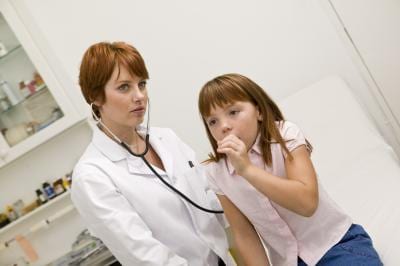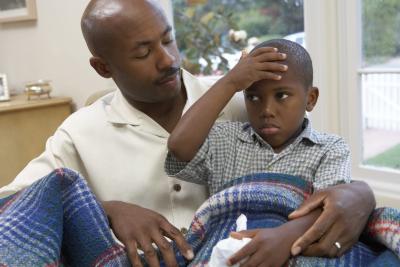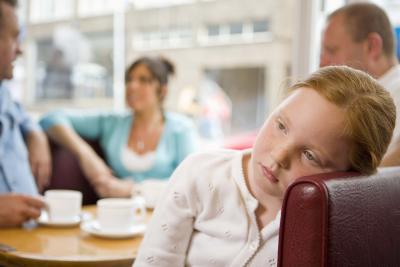Search Results for: attempt
Recurring Cough in Children
It’s normal for children to cough once in a while, but a recurring cough can be alarming for both you and your child. Recurring coughs are defined as those that last for a long time or return again and again, according to DrPaul.com. Recurring coughs are a symptom, which means they have an underlying cause. The key to stopping the coughing is to find and treat the cause.
Child Anxiety Symptoms
Anxiety disorders in children are quite common, according to the Anxiety Disorders Association of America. While periods of anxiety are normal for everyone, one out of every eight children suffer from feelings of anxiety strong enough to be classified as a disorder. These anxiety symptoms interfere with the child’s ability to function normally. For this reason, parents who suspect that their child might have an anxiety disorder should seek treatment as soon as possible.
Different Positions of a Baby in the Womb
Babies toss, turn and tumble in the womb. As they grow, space becomes a premium, and they may move around less often. Most babies finally settle into a head-first position in the last days of pregnancy — the easiest position for the birth process — but some babies don’t get the memo. This can affect the birth process, which is why it’s important to know exactly how the baby is positioned before you go into labor.
Sinus Congestion & Fever
Sinus congestion is a symptom of many different illnesses. Sinus congestion is common and is often accompanied by other symptoms, such as a headache and fever. The latter is usually a sign that the congestion has moved to an infection (sinusitis). Fevers and sinus congestion can also be a sign that the body is fighting a virus rather than something like allergies or a cold.
Early Signs of Depression in Children
As mothers, we sometimes want to tell our children to “buck up” and “stop pouting” when they are feeling down. Depression in children is a serious matter, however. Five percent of children experience clinical depression at some point in their lives. Females are twice as likely to suffer from depression. Parents need to be on the lookout for the signs of depression, especially early on. The sooner the disorder is caught, the better it can be treated, according to the American Academy of Child & Adolescent Psychiatry.





